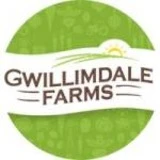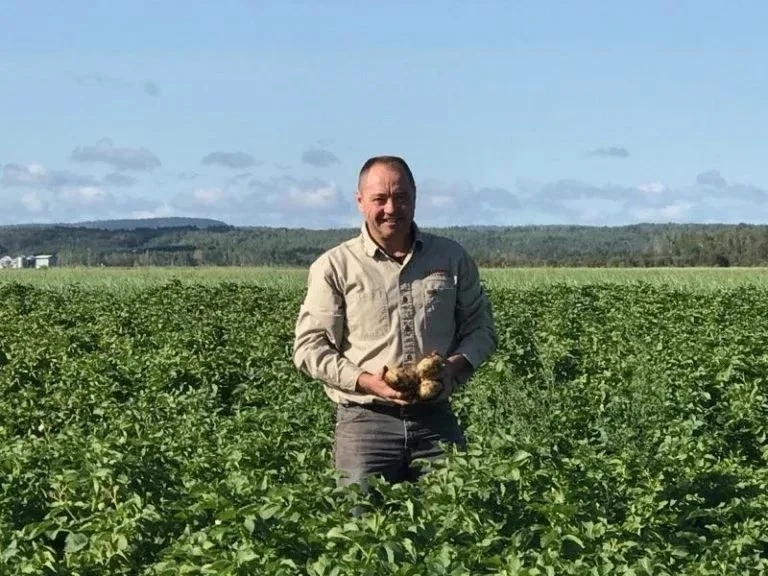Sustainable farming is an approach to growing food that is kind to the environment. It is supposed to produce food in a manner that benefits both people and the planet. Currently, more and more farmers are adopting sustainable practices in an effort to help protect earth's resources. These range from reducing pollution and conserving water. This includes how some vegetables suppliers select friendly farming methods to ensure there is fresh produce without degrading natural resources.
Soil Health Preservation:
Degradation of soil is one of the major advantages of sustainable farming. Traditional farming ways exhaust the soil, which after some time diminishes its fertility. Sustainable farmers apply crop rotation and cover cropping to keep the soil healthy. Crop rotation is the cultivation of various crops in the same land every season. This does not allow pests and diseases to build up in the soil. Cover crops like clover and rye are cultivated between the major crops to prevent soil erosion. These also add essential nutrients to the ground.
Chemical Use Reduction:
Sustainable farming also reduces the use of dangerous chemicals and fertilizers. Such chemicals pollute the air, water, and soil. Sustainable farmers will protect the local wildlife and reduce pollution through organic methods and natural pest control. For example, they might use beneficial insects, such as ladybugs, to control pests rather than spraying harmful chemicals. This is advantageous for the environment as well as for the health of humans since it uses fewer chemicals in eating.
Preserve The Water Resources:
Water conversation also forms part of what can be termed sustainable farm products. Most farming techniques utilize a lot of water that is always wasted. Sustainable farmers have the art of conserving water as they try to minimize water losses. They may install drip irrigation whereby water can be delivered directly to the root of the plants, where evaporation and runoff could be minimized. Other farmers take rainwater in barrels for use during seasons of drought.
Mitigating Climate Change:
Sustainable farming goes a long way in preventing climate change, too, as it focuses much on making reductions in greenhouse emissions. Here, sustainable farmers make proper use of energy-efficient equipment while reducing fuel usage and can even support the planting of trees around to absorb more carbon dioxide. No-till farming is a viable practice that traps a lot of carbon in the soil. Through undisturbed soil, carbon will remain in the ground and will not be released into the air. In return, the earth's concentration of carbon dioxide will also decrease to smaller quantities, one of the main agents of global warming.
Preservation of Biodiversity:
This means that one of the other advantages of sustainable agriculture is maintaining biodiversity. Sustainability benefits farmers to attain good ecosystems. They preserve native wildlife areas, increase species richness, and preserve pollinators. That is significant because biodiversity has to be maintained for nature balance. When that does not take place, we can end with the extinction of the main key species that include bees which act as agents for crop polination. Sustainable agriculture maintains healthy conditions with which plants and animals can share the environment.
Many fresh potato supplier in Canada that advocates for the sustainable farming of produce can offer healthier, more environmental-friendly produce to consumers. Supporting sustainable agriculture means that these farmers can feed the growing population of humanity while still taking care of the planet. Sustainable farming practices cannot be a fad because, with them, the earth will be intact for other generations.


